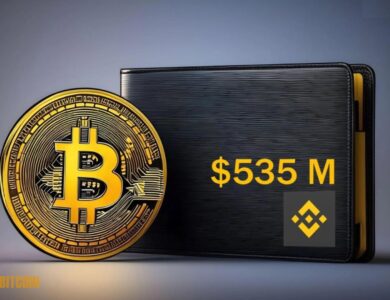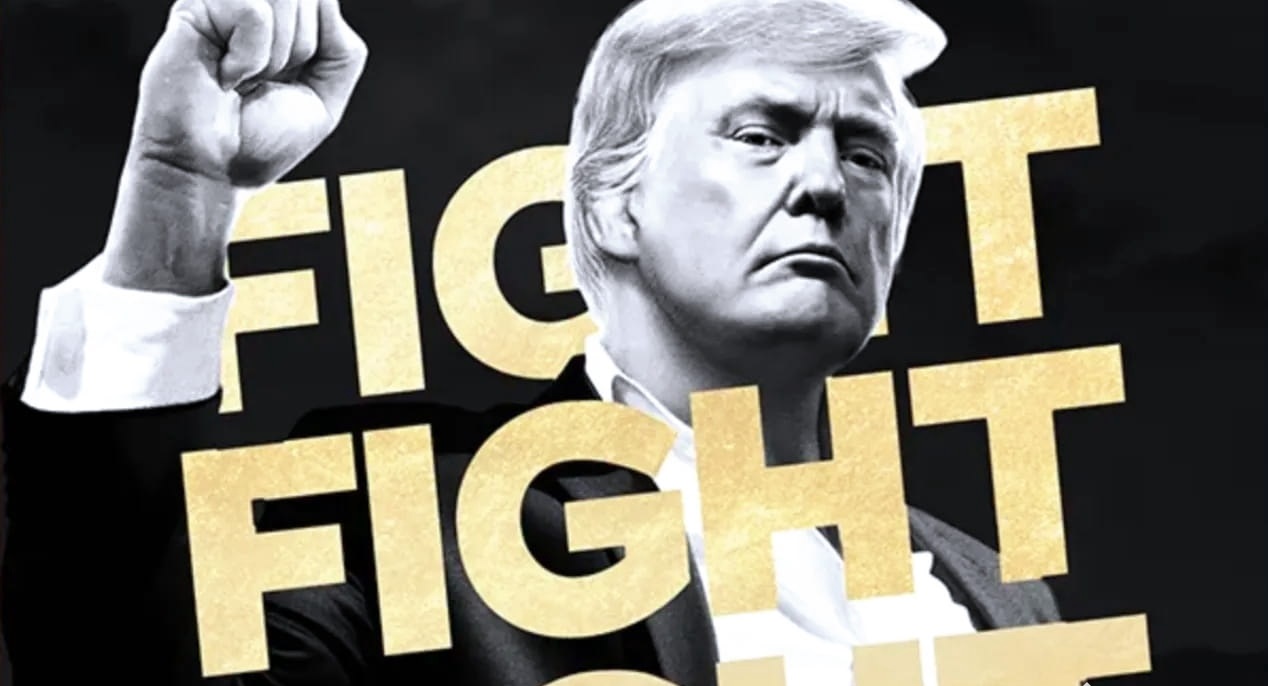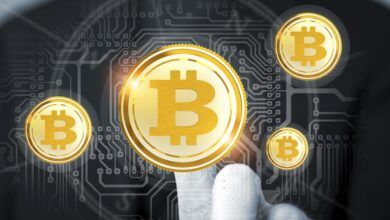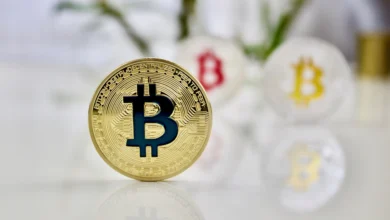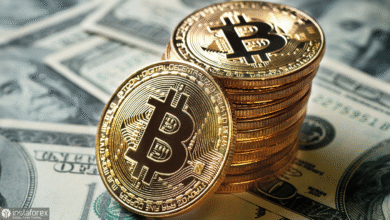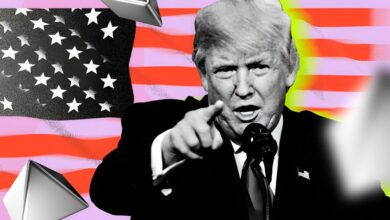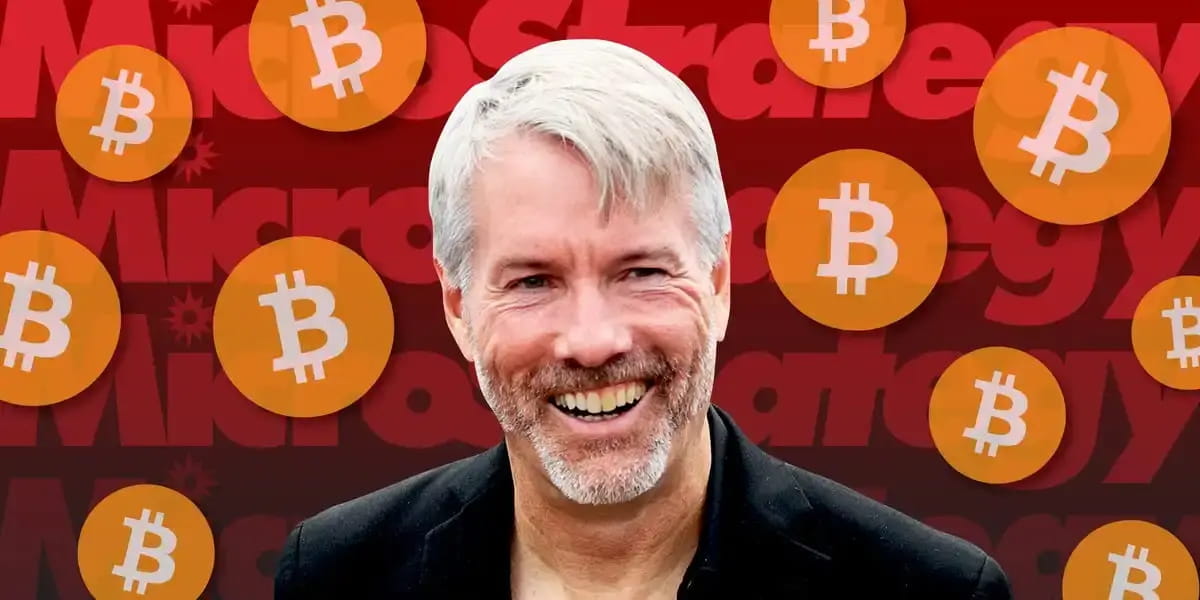
Saylor to Burn Bitcoin Key After Death, Hints at New Purchase
Burn Bitcoin Key After Death: Michael Saylor, the prominent Bitcoin advocate and founder of MicroStrategy, recently made a shocking statement regarding the future of his Bitcoin holdings. In an unexpected twist, Saylor revealed that he plans to burn his Bitcoin private key after his death, a move that could have significant implications for his digital assets. At the same time, he hinted at major new Bitcoin exchanges ranked by Trustpilot ratings Bitcoin purchase announcement coming soon, further fueling speculation about his long-term commitment to the cryptocurrency.
The Significance of Burning a Bitcoin Private Key
Bitcoin, unlike traditional currencies, is decentralized and operates on a peer-to-peer network, with transactions secured through cryptographic keys. A Bitcoin private key is a crucial piece of information that grants access to a wallet, allowing the holder to control their funds. Losing or destroying the private key means losing access to the associated Bitcoin forever.
By announcing his intention to burn his private key after death, Saylor is making a bold statement about the permanence of his commitment to Bitcoin. The decision to forgo passing on the private key to heirs or family members could be seen as an indication of his belief in the immutability and irreversible nature of the cryptocurrency. In essence, Saylor is ensuring that no one, including future generations, will be able to access or control his Bitcoin holdings after his passing.
This act of burning the private key also raises questions about the broader philosophy of wealth transfer and digital inheritance. As Bitcoin becomes an increasingly valuable asset, many individuals are grappling with how to manage their holdings in the event of their death. Saylor’s approach, however, is unique in its absolute finality, ensuring that his Bitcoin will remain out of circulation.
A New Bitcoin Purchase on the Horizon?
 While the announcement of burning his private key is certainly dramatic, it’s not the only noteworthy aspect of Saylor’s recent statements. He also hinted at an upcoming Bitcoin purchase, teasing that a major announcement is on the way.
While the announcement of burning his private key is certainly dramatic, it’s not the only noteworthy aspect of Saylor’s recent statements. He also hinted at an upcoming Bitcoin purchase, teasing that a major announcement is on the way.
As the CEO of MicroStrategy, Saylor has been one of the most vocal advocates for Bitcoin, and his company has amassed an impressive Bitcoin reserve over the years. MicroStrategy’s Bitcoin holdings currently stand at over 100,000 BTC, making it one of the largest corporate holders of the cryptocurrency. Saylor’s personal Bitcoin investment is also substantial, with estimates suggesting he holds billions of dollars in Bitcoin.
Given his track record of buying Bitcoin during market dips, Saylor’s new purchase announcement could signal a renewed confidence in the cryptocurrency’s future. The timing of this announcement is particularly interesting, as Bitcoin has recently experienced volatility, with some investors questioning its long-term prospects. Saylor’s continued support of Bitcoin, even in uncertain times, underscores his unwavering belief in its potential as a store of value and hedge against inflation.
Why Does Saylor’s Bitcoin Commitment Matter?
Saylor’s commitment to Bitcoin, both personally and through MicroStrategy, is significant for several reasons. First, it highlights the growing acceptance of Bitcoin as a legitimate asset class, with institutional investors and corporations increasingly adding it to their balance sheets. Saylor’s outspoken advocacy has played a key role in shaping the narrative around Bitcoin as a digital gold alternative, and his actions have influenced other corporate leaders to consider Bitcoin as part of their investment strategies.
Second, Saylor’s plans to burn his private key raise important questions about the future of digital assets and inheritance. As cryptocurrencies become more mainstream, individuals will need to think carefully about how to manage and pass on their holdings. Saylor’s decision to ensure that his Bitcoin is permanently inaccessible after his death could prompt others to consider similar measures, further emphasizing the need for clear guidelines around digital asset inheritance.
Finally, Saylor’s hint at a new Bitcoin purchase signals that he remains as bullish as ever on the cryptocurrency’s future. Despite the volatility and skepticism that often surrounds Bitcoin, Saylor’s confidence remains unshaken, and his continued investments send a powerful message to both retail and institutional investors alike.
Conclusion
Michael Saylor’s announcement to burn his Bitcoin private key after his death is a dramatic and symbolic gesture that underscores his deep commitment to the cryptocurrency. It also raises important questions about the future of digital assets and inheritance planning. At the same time, his hint at a new Bitcoin purchase suggests that he remains confident in Bitcoin’s long-term potential, despite recent market fluctuations. As the world watches, Saylor’s actions will undoubtedly continue to shape the narrative around Bitcoin and its role in the global financial system.
[sp_easyaccordion id=”5619″]
